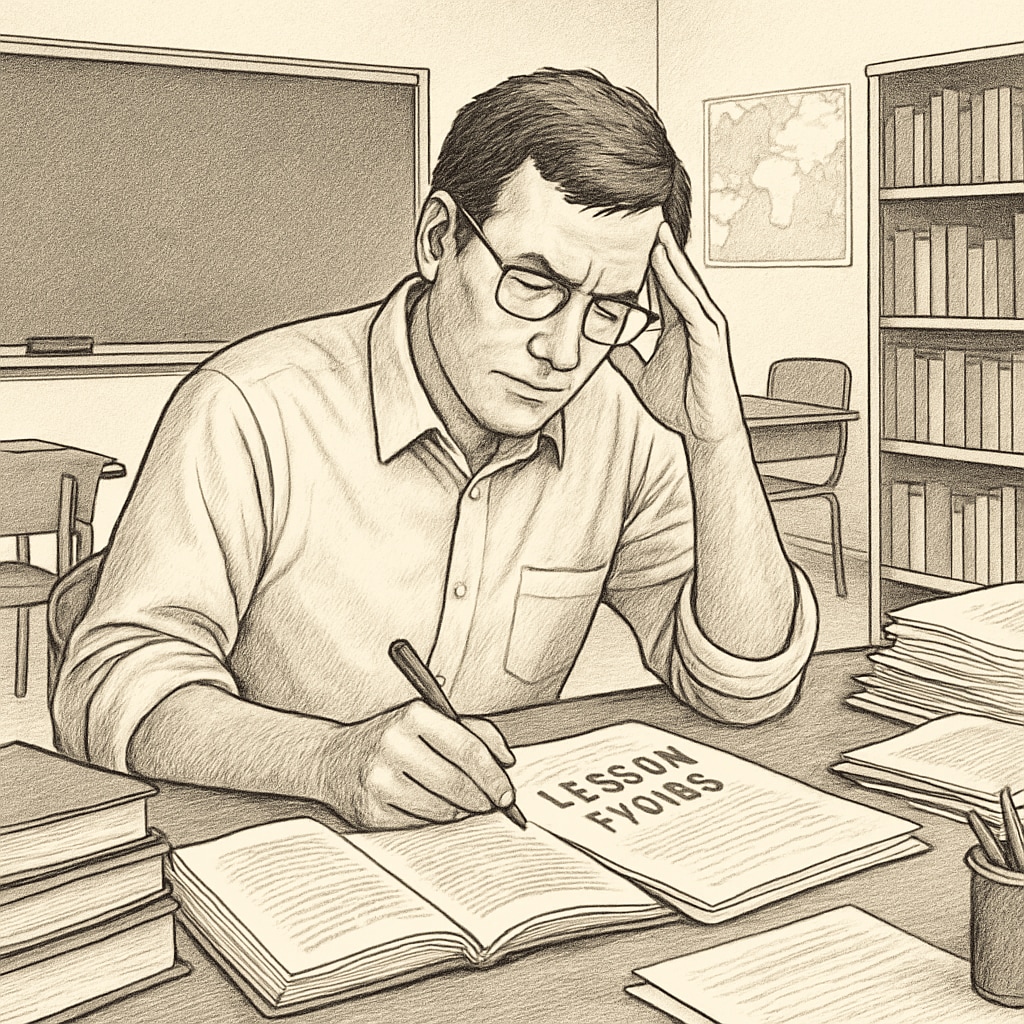Oklahoma’s recent decision to implement political ideology screening for out-of-state teacher applications has ignited debates about the intersection of education, politics, and fairness. While proponents argue that such measures ensure alignment with local values, critics warn that these filters may lead to ideological gatekeeping, stifling academic freedom and diversity in the classroom. This controversial policy raises critical questions about the role of political beliefs in education and its implications for the future of teaching.
The Motivation Behind Political Screening in Teacher Applications
Oklahoma’s education officials argue that the primary motivation for this screening process is to preserve the state’s unique cultural and educational values. This move comes amid growing concerns nationwide about the perceived politicization of classroom content, including debates on historical narratives, gender identity, and other sensitive issues. Proponents believe that screening ensures educators uphold community standards and avoid introducing controversial topics.
However, critics challenge the necessity and fairness of such a measure. They argue that filtering teacher applications based on political ideology risks reducing the diversity of thought in classrooms, which is a cornerstone of critical thinking and comprehensive education. Furthermore, this policy could create barriers for qualified educators from other states, exacerbating an already critical teacher shortage in Oklahoma.

The Impact on Academic Freedom and Educational Fairness
One of the most significant concerns regarding this policy is its potential impact on academic freedom. By prioritizing specific political ideologies, Oklahoma risks creating an educational environment where teachers feel pressured to self-censor to align with state-approved narratives. This could hinder students’ exposure to diverse perspectives and limit their ability to develop critical thinking skills.
Moreover, the policy raises ethical questions about fairness in the hiring process. Should an educator’s political beliefs outweigh their qualifications and teaching experience? Critics argue that such measures undermine meritocracy and set a dangerous precedent for other states to follow. For example, academic freedom has long been a fundamental principle in education, and policies like this may erode its foundation.

Balancing Educational Integrity and Ideological Neutrality
To address the concerns raised by this policy, Oklahoma and other states considering similar measures must find a balance between maintaining educational integrity and avoiding ideological gatekeeping. One potential solution could be implementing a transparent and standardized evaluation process that prioritizes professional qualifications over personal beliefs.
Additionally, fostering open dialogues within school communities can help bridge ideological divides. Encouraging collaboration between educators, parents, and policymakers ensures that local values are respected without compromising the broader goals of inclusivity and fairness in education. For further insight, studies on education policies highlight the importance of inclusivity in fostering well-rounded learning environments.
In conclusion, while Oklahoma’s political screening policy aims to align educators with state values, its broader implications for academic freedom and diversity cannot be overlooked. Striking the right balance between these competing priorities will be pivotal in shaping the future of education in the state and beyond.
Readability guidance: This article uses short paragraphs to maintain reader engagement. Key points are summarized in lists, and transitional phrases ensure smooth flow. The potential for long-term impacts on education policy is explored in a balanced manner.


